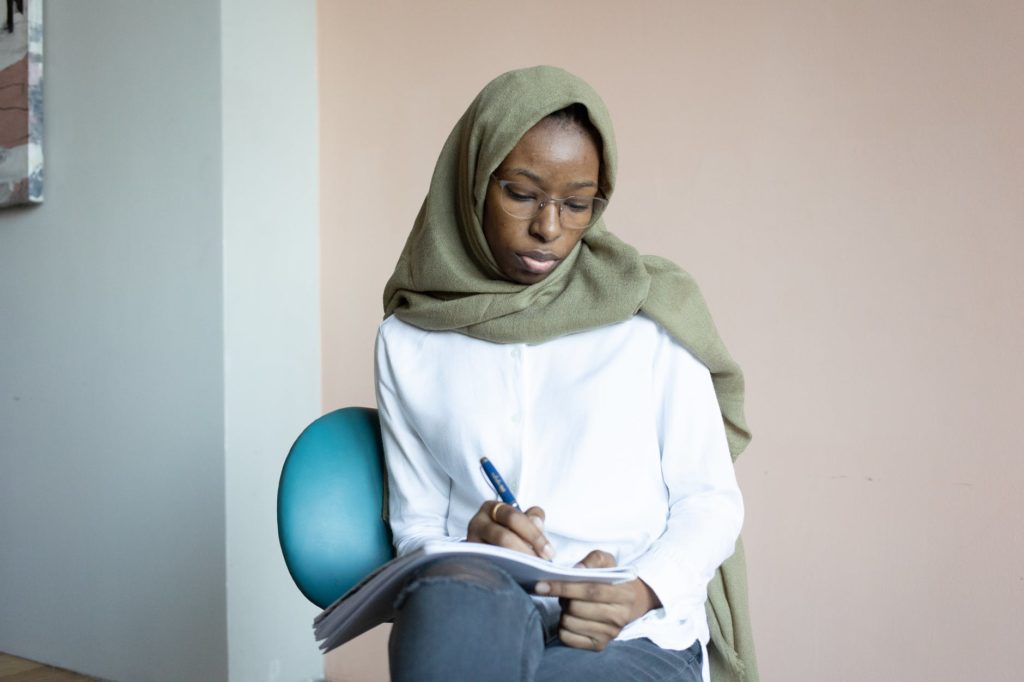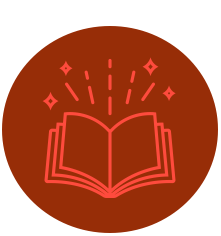
What is Knowledge and Who Has Knowledge?
Feminist and postcolonial scholars have disrupted the notion that the white male subject has a unique capacity to know the world around him with neutrality, objectivity, and impartiality. This notion, which is based in Enlightenment thought, has marginalized women and people from the Global South, whose knowledges have been deemed partial, subjective, and subordinate. In her essay “Situated Knowledges” feminist scholar Donna Haraway rejects the idea that researchers can detach ourselves from the world around us; rather, as researchers we are embedded in the social and political worlds that we study, and these social worlds are influenced by history and power relations. When Europeans sought to conquer other peoples, arguing that they held knowledge of the world, what they really had was partial knowledge, embedded in a particular epistemology (or way of knowing) and ontology (or way of being). Haraway argues that all knowledge is partial and locatable. What she means by this is that all knowledge comes from a particular time and place, and all knowledge is informed by particular ways of seeing.
Knowledge also takes different forms. For example, in the first reading you will do for this module, “Indigenous African Knowledges and African Feminism,” Jennifer Jagire writes that Indigenous knowledge systems are taught and learned through experience and oral traditions. This is different from Western, European knowledge systems, which privilege written knowledge and formalized, hierarchical education. Jagire differentiates between African Indigenous knowledge systems, which emphasize the collective, and Western, European knowledge systems which focus on the individual. Resisting ongoing colonialism and imperialism — which persist through the Western monopoly over what constitutes knowledge — require a resurgence of Indigenous knowledges. As Jagire writes: “We knowers of Indigenous knowledges have to correct what is oppressive to us by writing about our knowledges from Indigenous perspectives” (79).
The concept of situated knowledge, which means that all knowledge comes from somewhere, opens up the possibility to think about multiple, different, and sometimes competing knowledges. For this module, you will read about European attempts to supplant local knowledges in different African contexts. In “Africa’s Indigenous Knowledge: From Education to Practice,” Chika Ezeanya-Esiobu (2019) demonstrates the potential for local, Indigenous knowledge to solve environmental, social, and economic problems.
Readings:
- Indigenous African Knowledges and African Feminism
by Jennifer Jagire- As you read:
- Think about how your research can answer Jagire’s call to emphasise African Indigenous knowledge systems
- Identify examples of different ways of knowing
- As you read:
- Africa’s Indigenous Knowledge: From Education to Practice
by Chika Ezeanya-Esiobu- As you read:
- Identify examples of ways that Western knowledges have proven incompatible with African environmental, economic, and social systems
- Identify examples of the ways in which local knowledge has provided solutions to social, economic, and environmental problems
- As you read:



